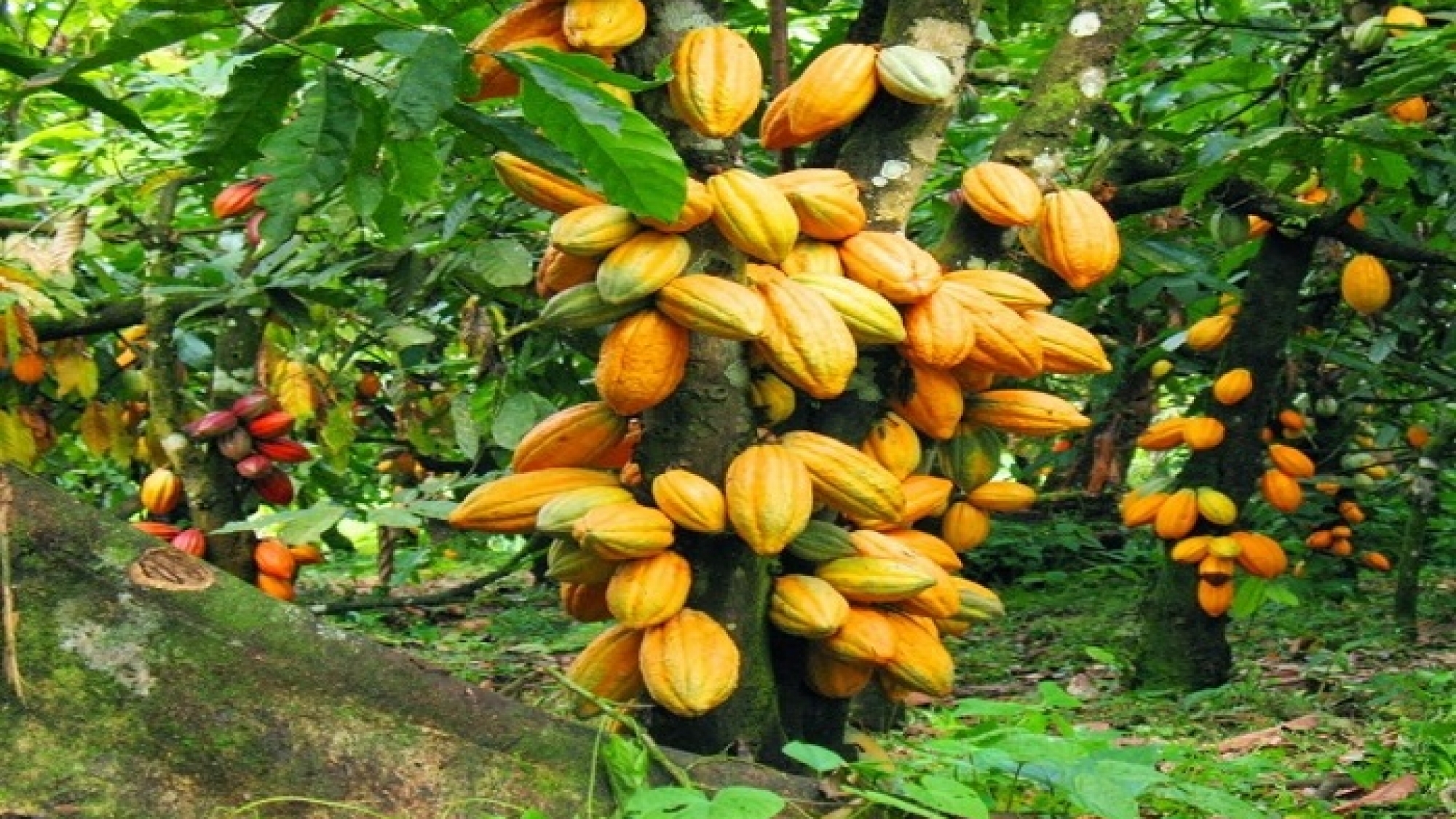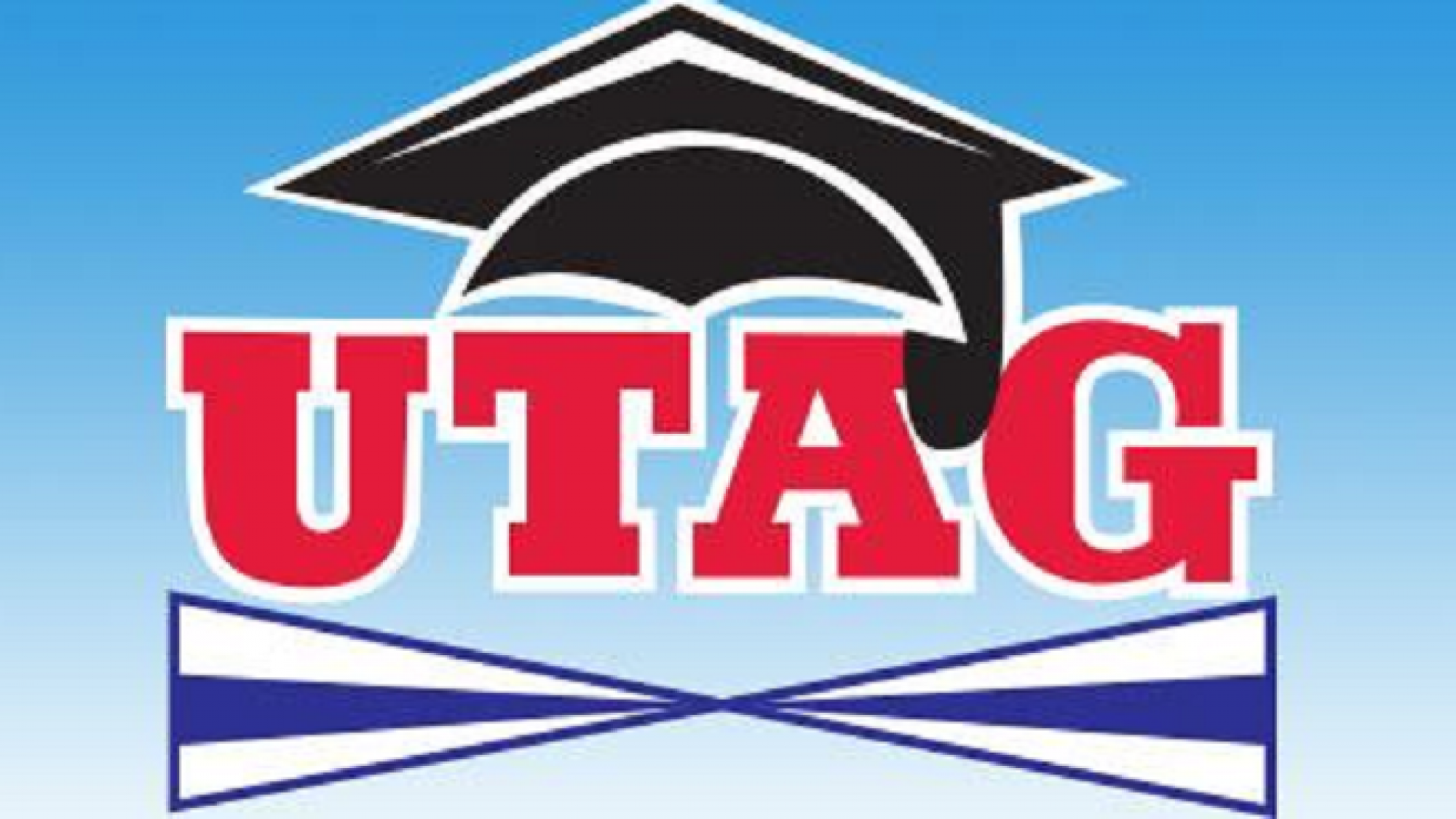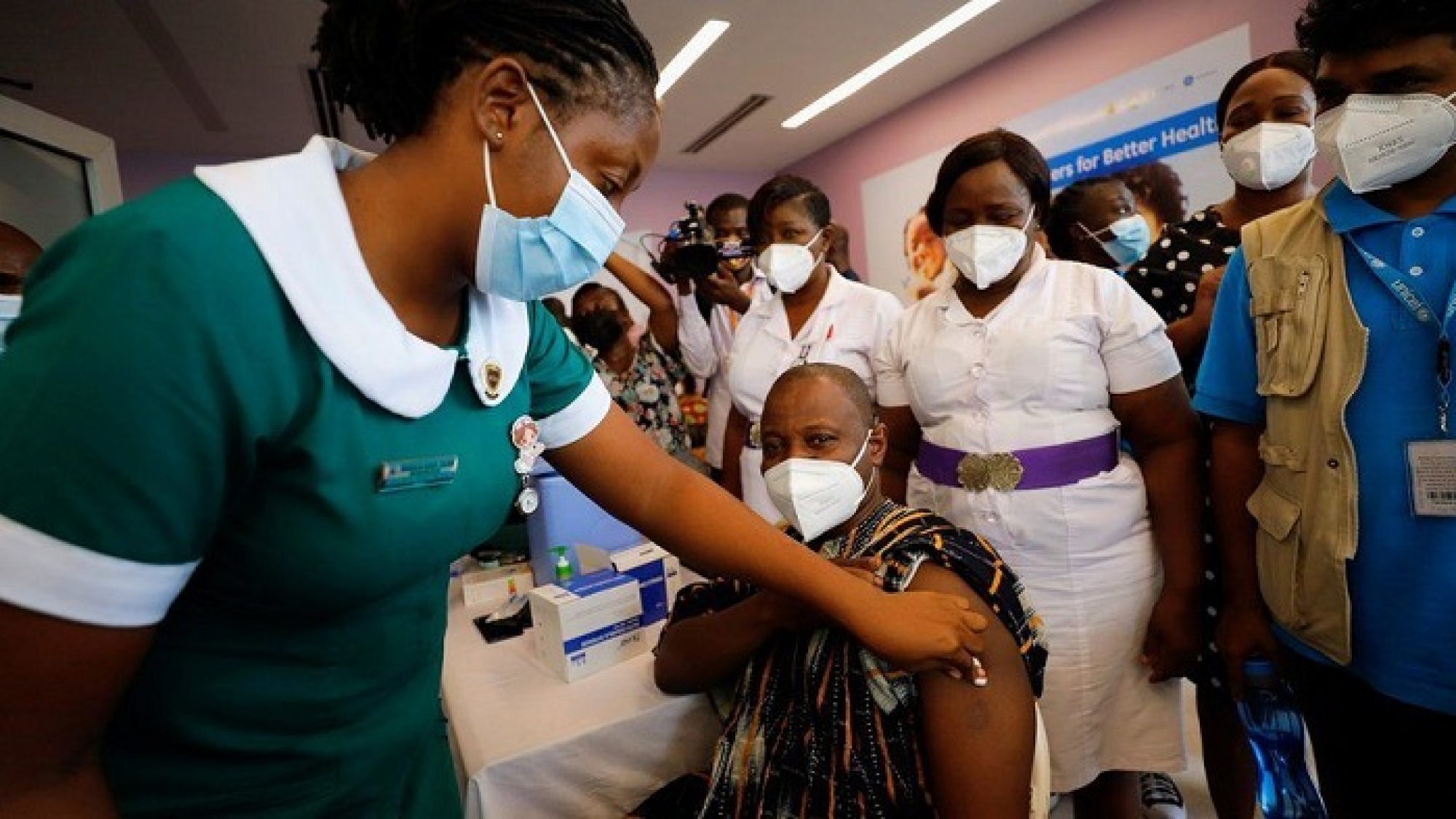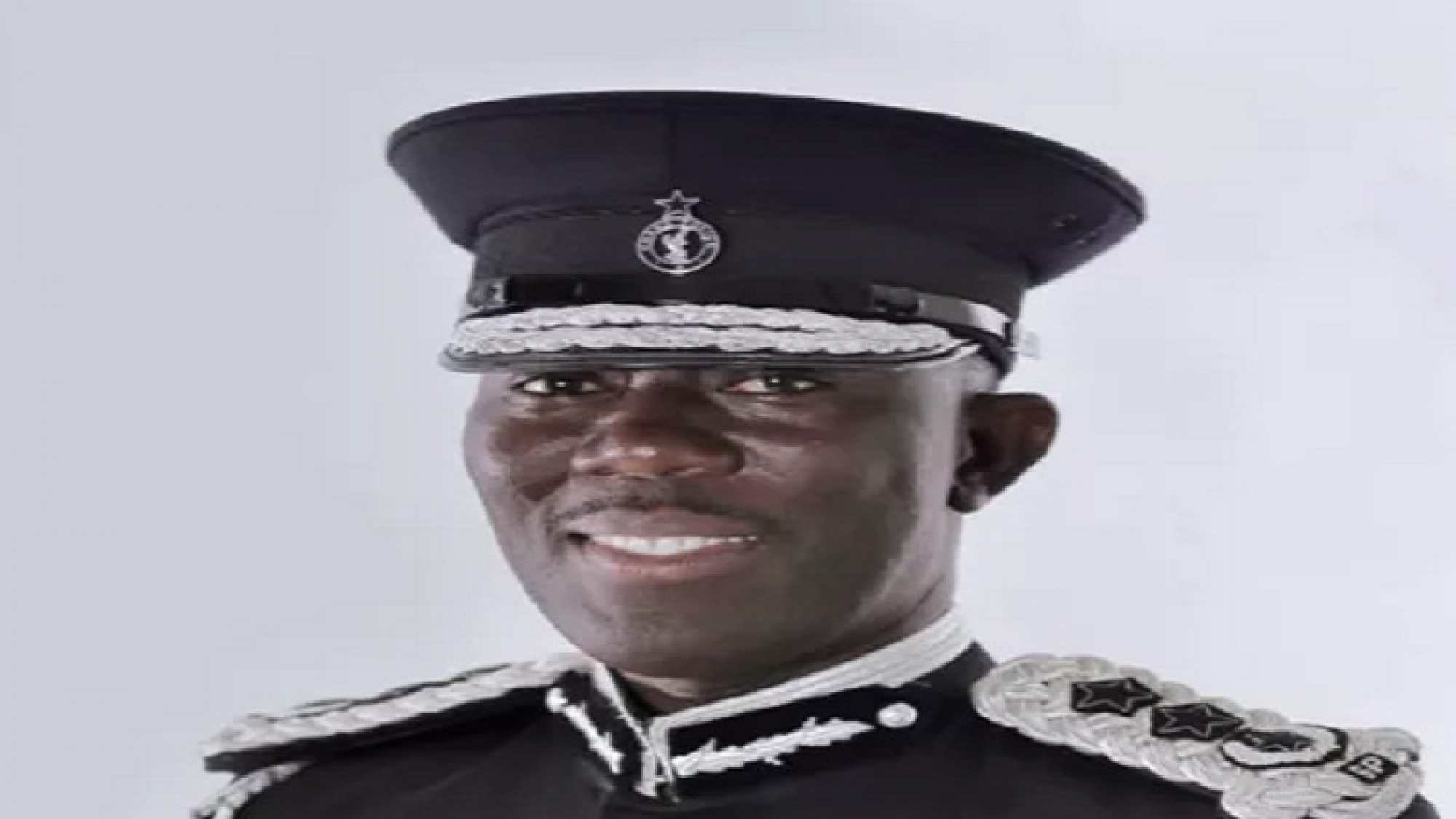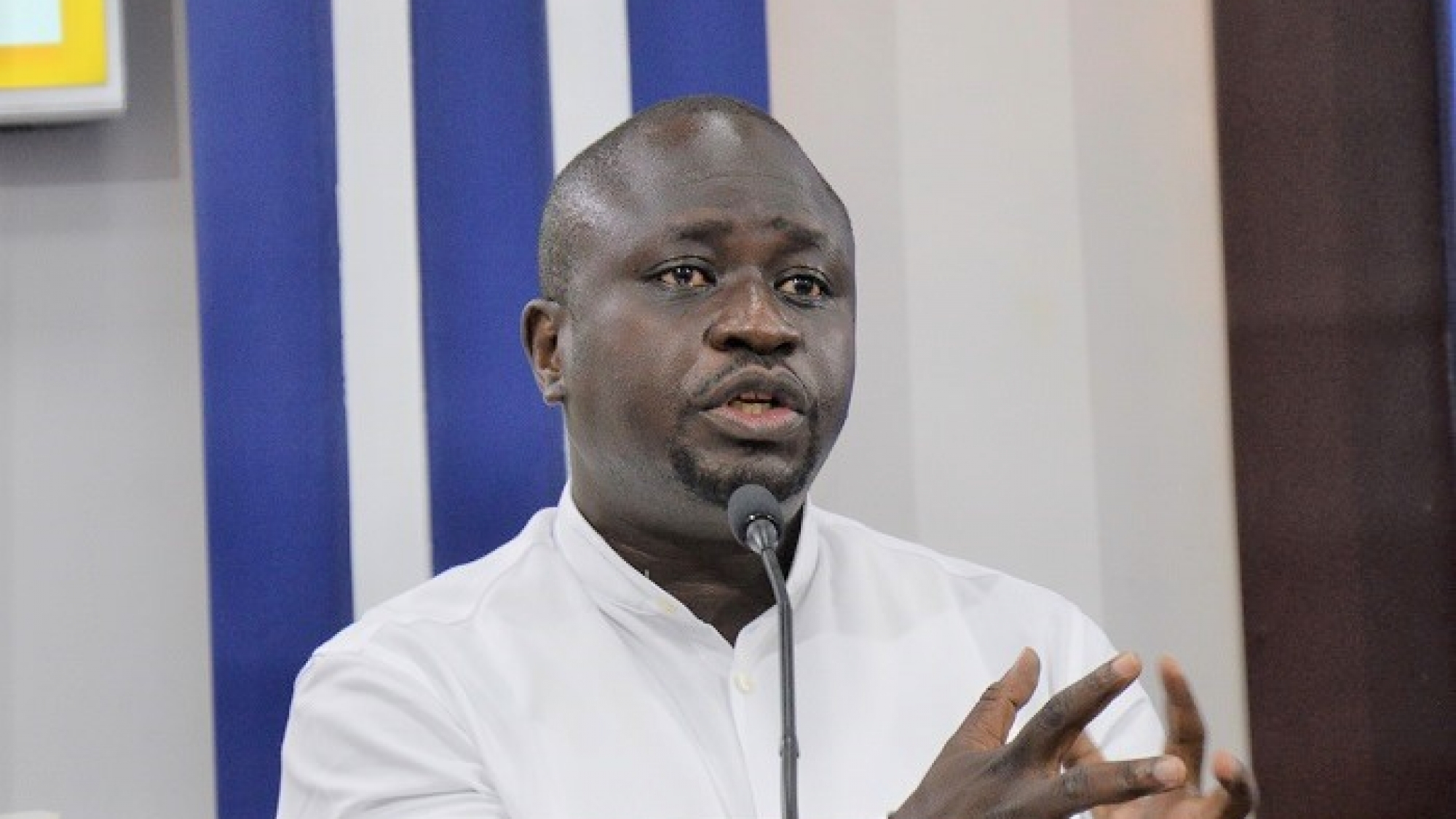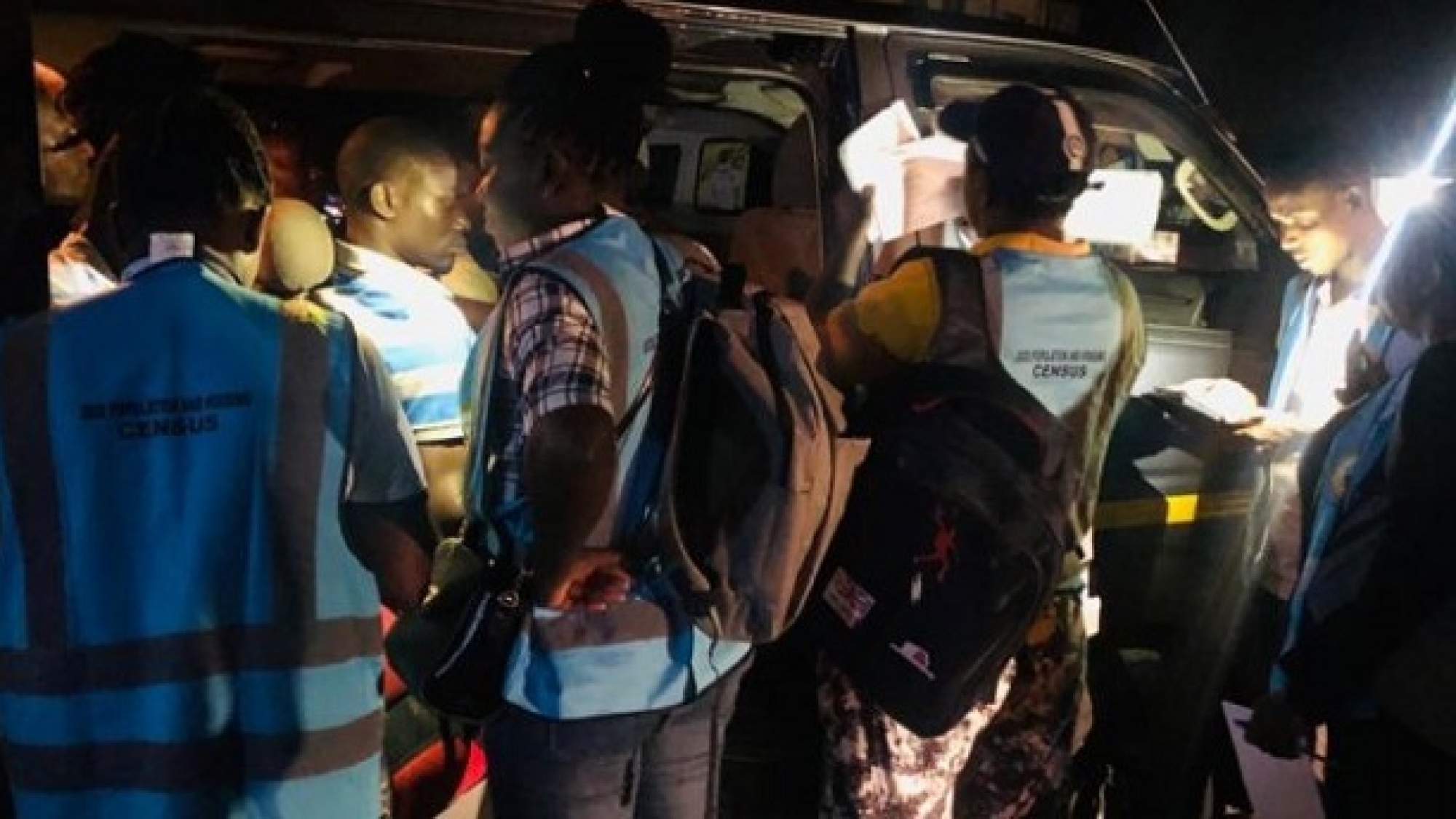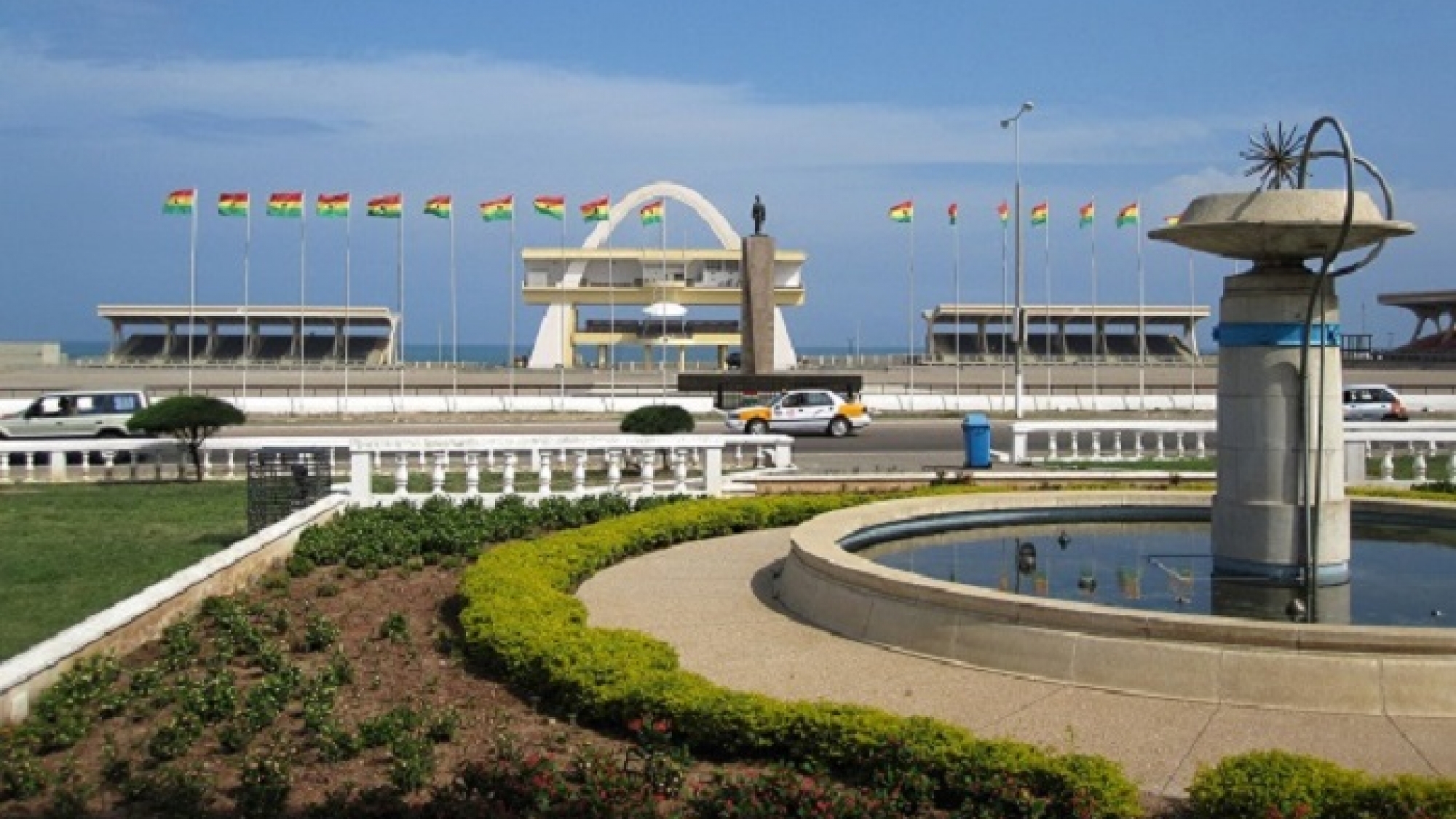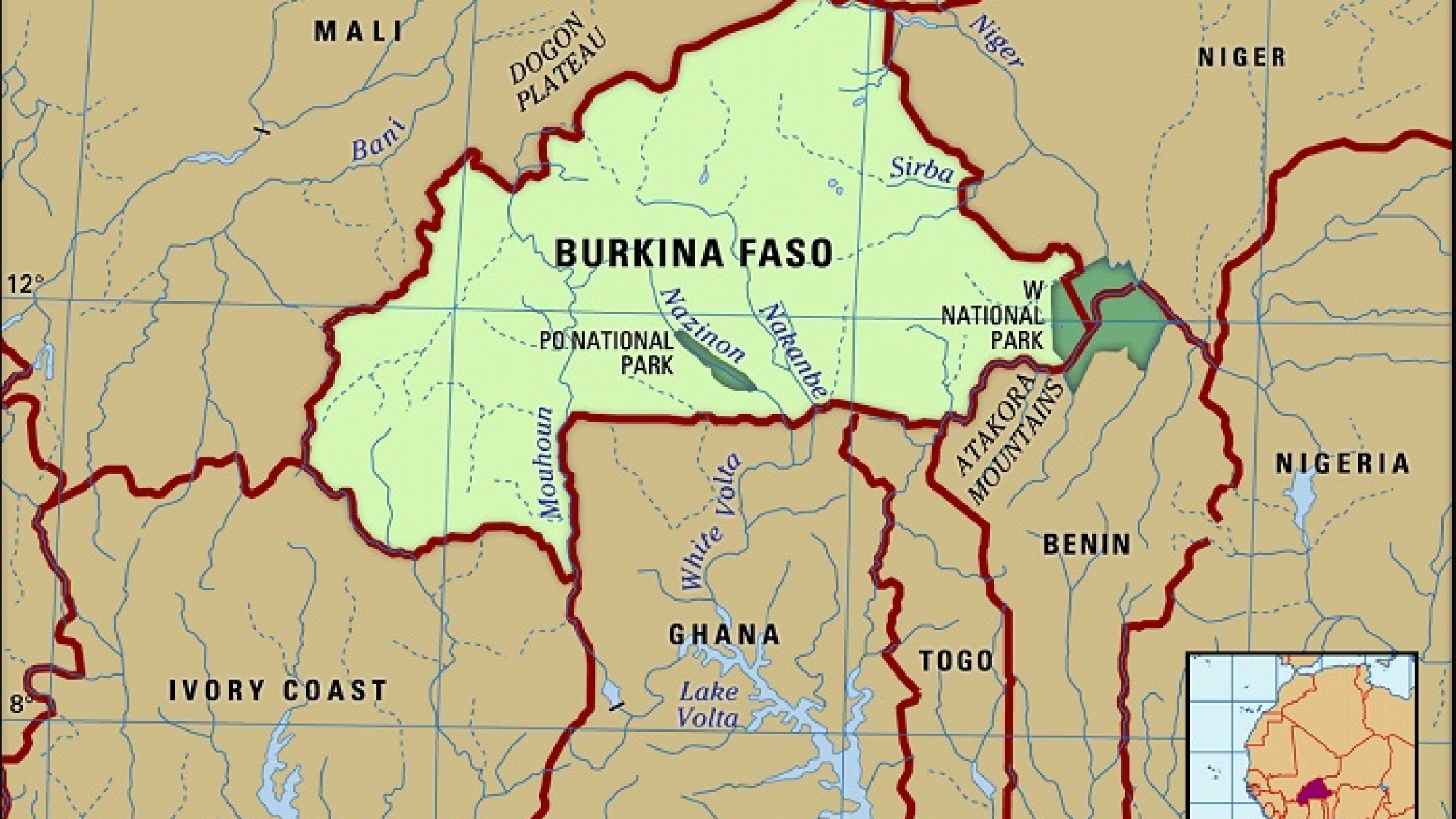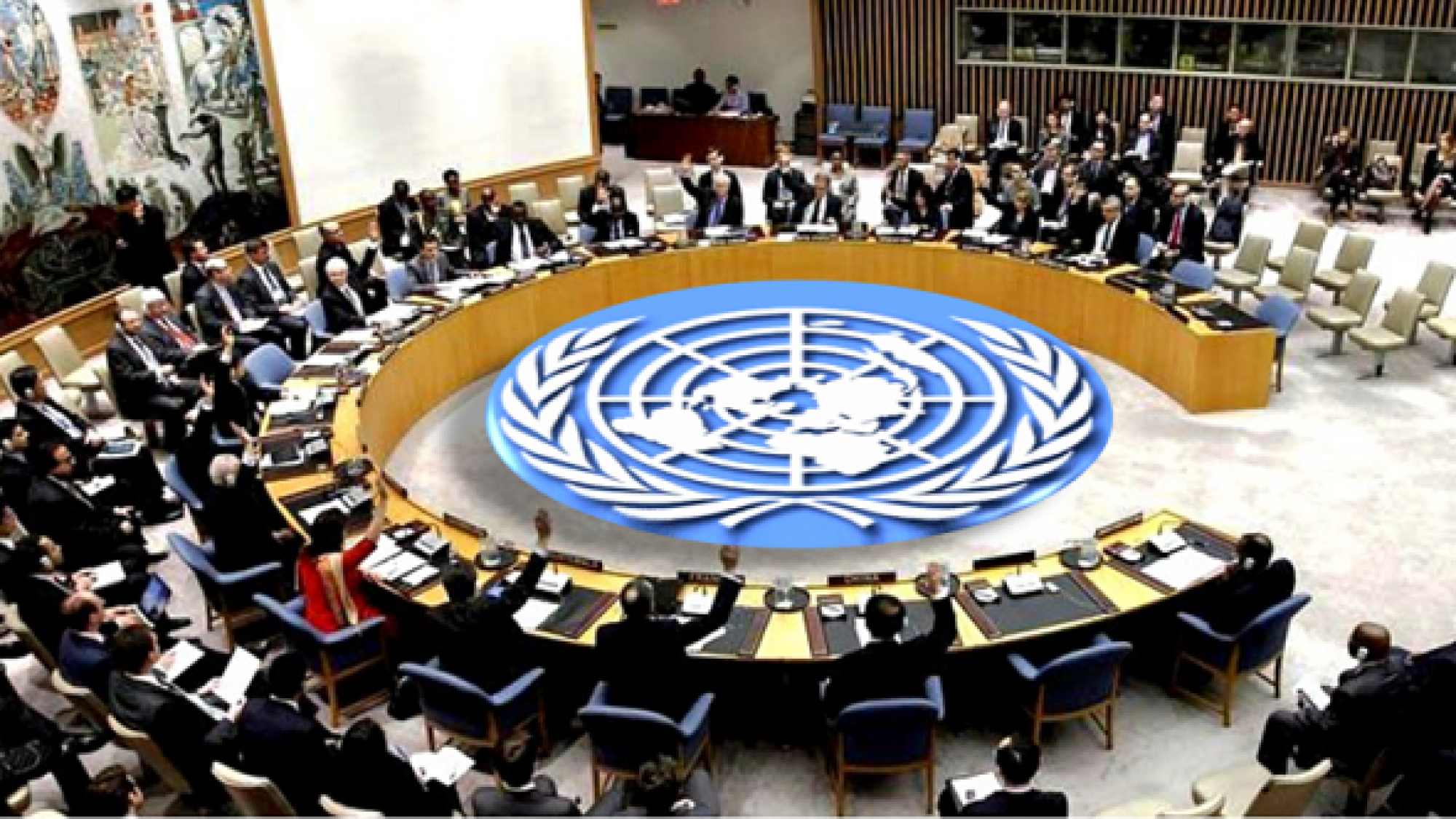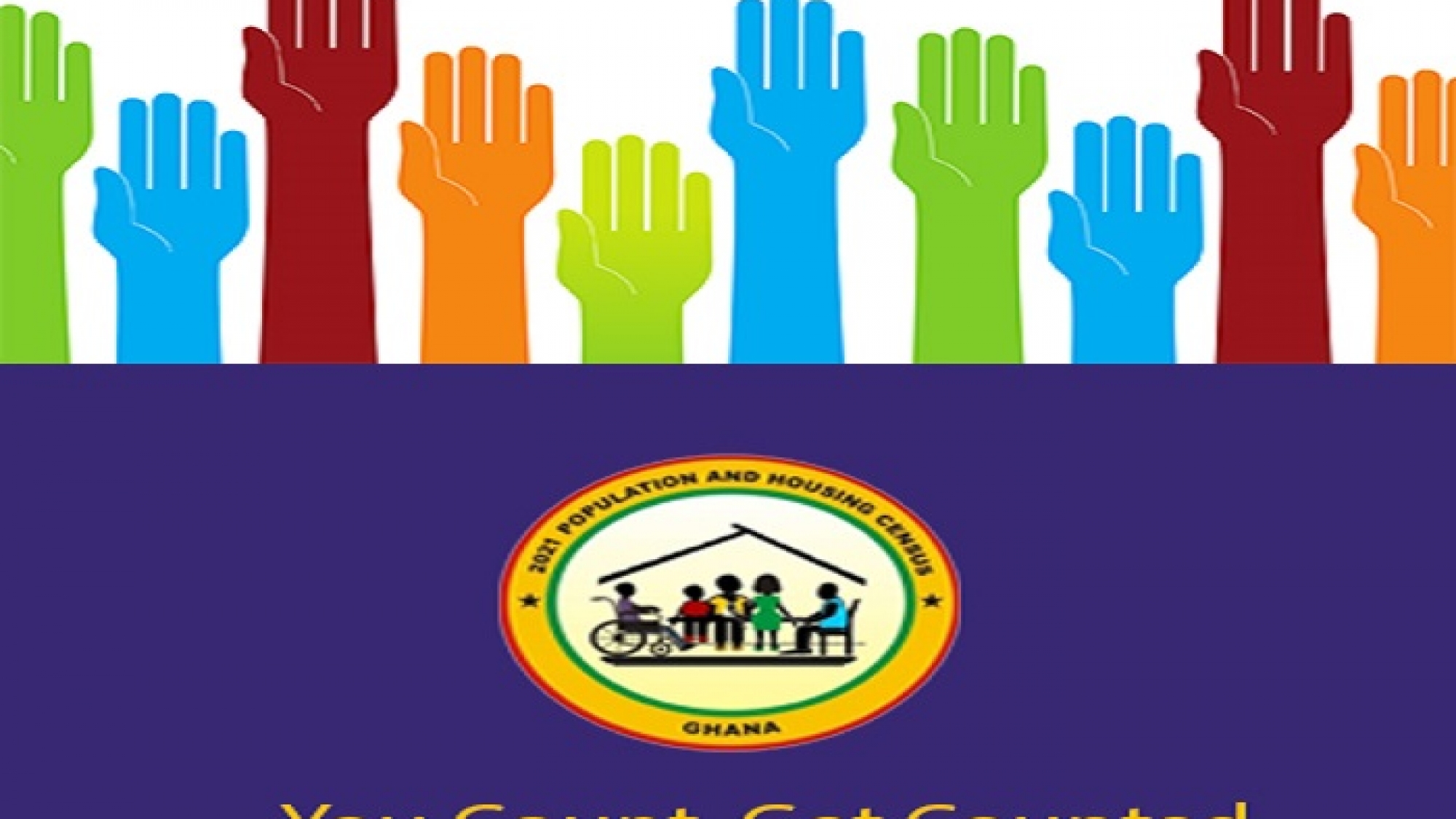Ghana has set a new cocoa production record with 1.033 million tonnes of beans for the 2020/2021 season.
This comes six weeks before the 2020/2021 cocoa season gets to a close, which means that the figure can still go up before the harvest period ends.
The previous record was 1.024 million tonnes which was recorded in the 2010/2011 season.
The Chief Executive Officer (CEO) of the Ghana Cocoa Board (COCOBOD), Mr Joseph Boahen Aidoo, announced this at a press conference in Accra yesterday.
Aside from announcing the new production figures, the press conference was also to introduce new electric weighing scales which have been procured by COCOBOD for the Licence Cocoa Buying Companies (LBCs).
He commended the hardworking cocoa farmers for the feat and said the achievement was also as a result of the support of the government and the determination of the management and staff of COCOBOD.
“Thanks to all stakeholders in the industry, we have been able to achieve this,” he stated.
Productivity enhancement
The chief executive also noted that the milestone was achieved due to the Productivity Enhancement Programme (PEP) which was introduced by the board.
Interventions under the PEP include rehabilitation of cocoa farms, mechanised pruning, fertiliser subsidy, mass spraying, artificial hand pollination, irrigation, distribution of cocoa seeds and continuous farmer education on good agronomic practices.
Through the PEP programme, Mr Aidoo said cocoa extension service was extended to all the regions.
“We also provided high quality and high yielding cocoa seeds to the farmers.
“Our research institute in Tafo also stepped up their activities and the quality control unit also did very well,” he stated.
Way forward
Mr Aidoo pointed out that looking at the trends, COCOBOD was confident that the prospects for the coming season would also be good.
He encouraged the farmers to continue to avail themselves of the various educational and sensitisation extended to them.
They should also continue implementing all the intervention programmes introduced by COCOBOD.
“If they do so, their farm productivity is going to change and they will continue to see improvements in their yields and better days will come,” the COCOBOD CEO stated.
Mr Aidoo said the achievement also placed a huge task and responsibility on COCOBOD to do better in coming seasons, assuring that “we want to sustain the achievements.”
New weighing scales
The new weighing scales will be used by the LBCs from Wednesday, September 1, this year when the new cocoa season begins.
The introduction of the new scale is to check illegal adjustments, which the CEO described as a pertinent issue in the industry.
Mr Aidoo said COCOBOD had already procured over 44,000 of the electronic weighing scales which would soon be distributed to the LBCs.
“We have worked on this together with the LBCs in total agreement to change the weighing scales from the manual to the electronic system. “We wanted the kind that can be used everywhere in the country. So we have procured both electronic and solar scales,” he said.
Mr Aidoo added that it would end the days when cocoa farmers felt cheated by LBCs whom they claimed adjusted their weighing scales.
He noted that the new electronic scales were recommended by the Ghana Standards Authority following a survey of the manual scales presently being used across the country.
“We take the issue of weighing scale tampering very seriously as we believe it has a negative impact on interventions that COCOBOD has put in place to improve the earnings and livelihoods of cocoa farmers,” Mr Aidoo said.
Ghana is the second largest producer of cocoa in the world, just behind Cote d‘Ivoire. Production in both countries accounts for more than 60 per cent of the volume of cocoa beans in the world.
Apart from the 2010/2011 cocoa season which saw the country produce one million tonnes of beans, the country’s production has ranged between 650,000 and 900,000 tonnes.
Cote d’Ivoire, the world’s leading cocoa producer, currently produces about two million tonnes.
Source: Graphic.com.gh





